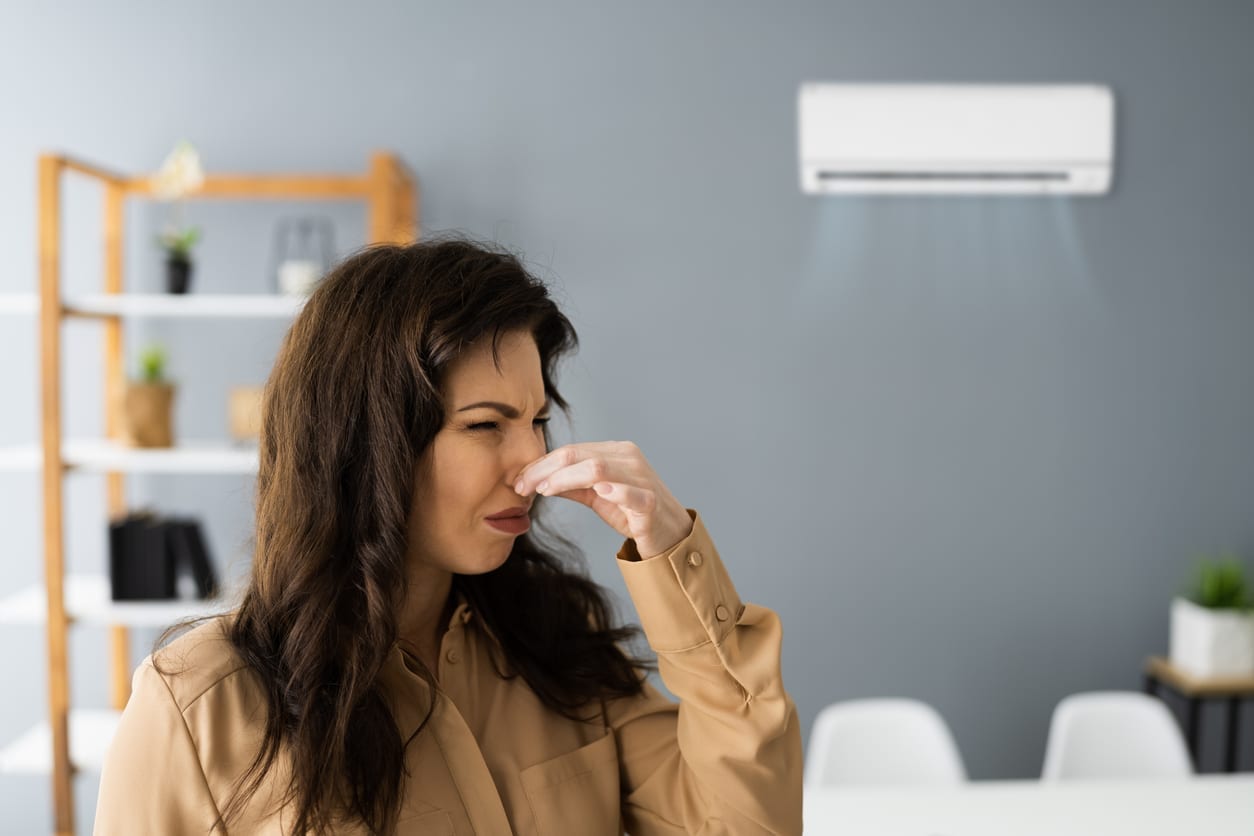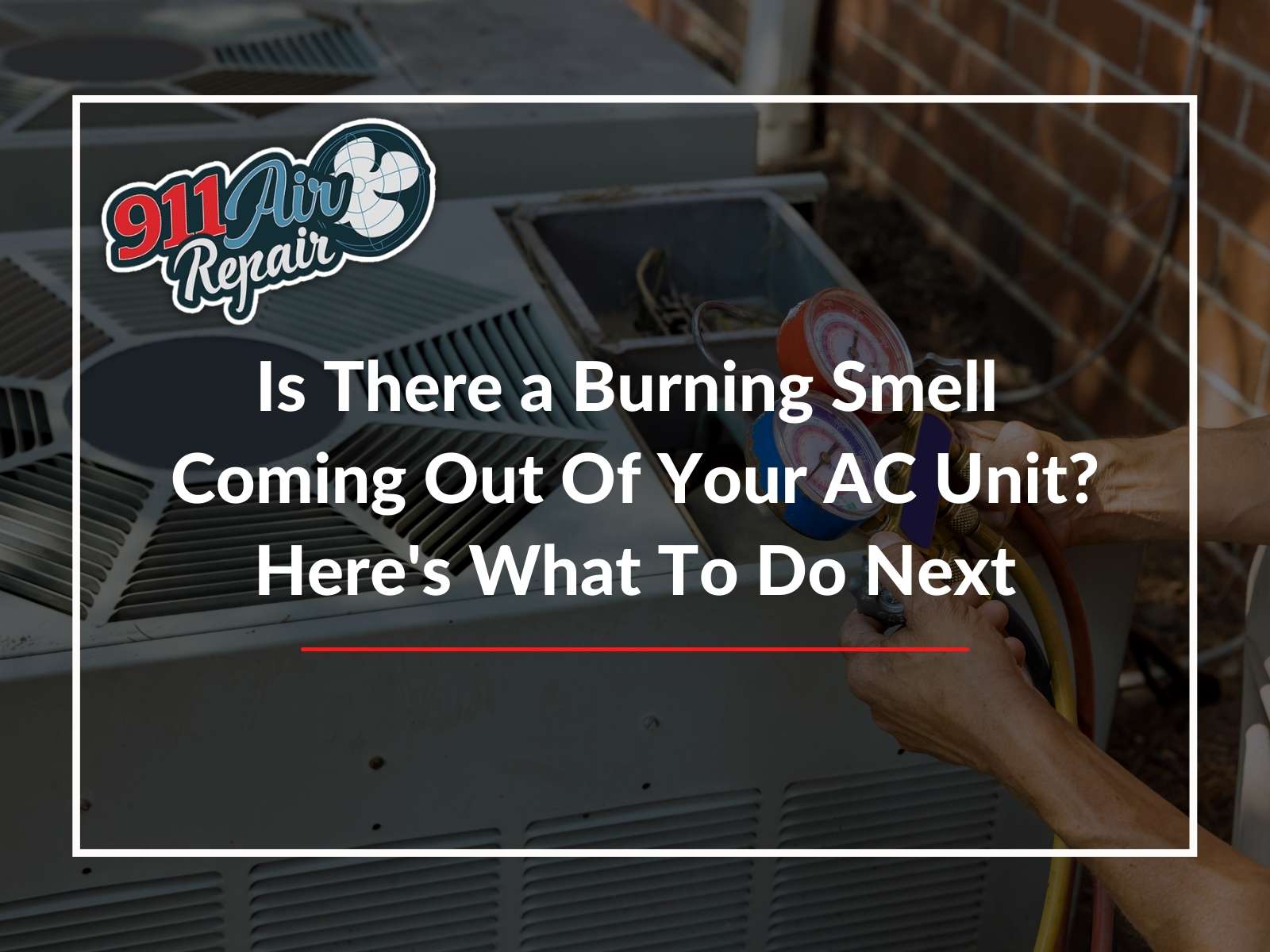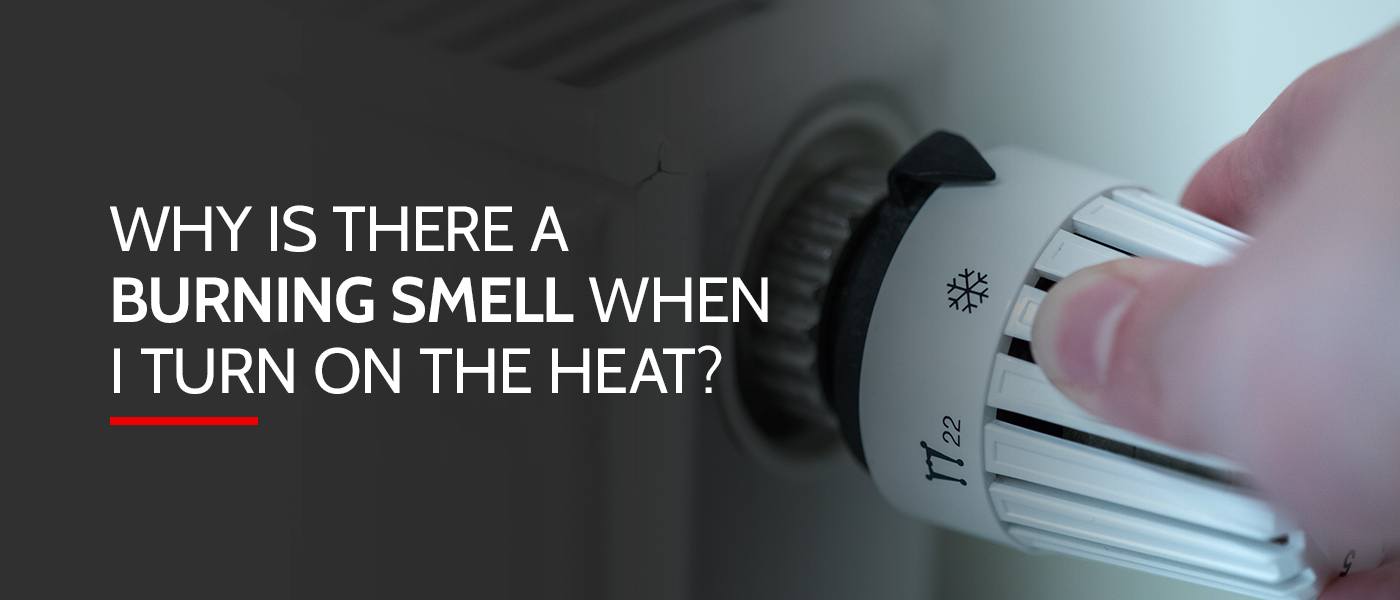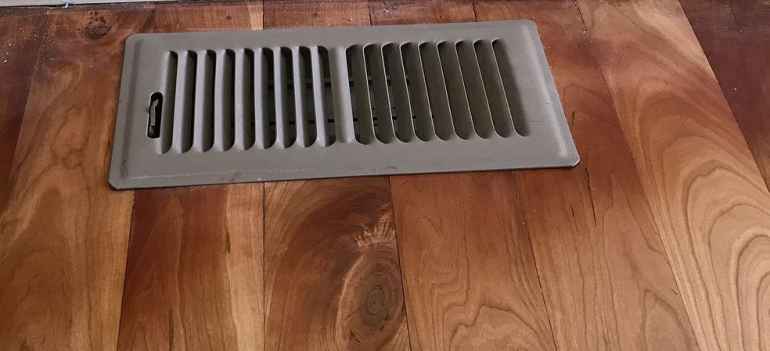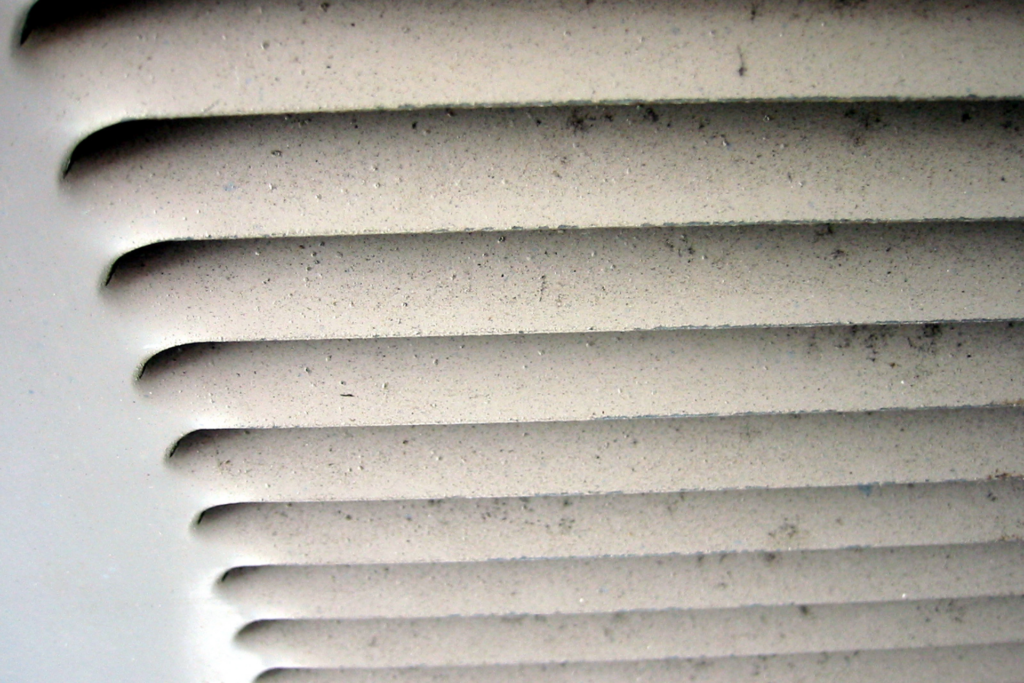Burning Smell From Vents In House At Night

It's a scenario many homeowners dread: you're drifting off to sleep, and suddenly, a distinct burning smell wafts from your vents. This is particularly alarming when it happens only at night, adding an extra layer of mystery and concern. Before panicking, understand that a burning smell doesn't automatically signal a major disaster. Often, it's a relatively minor issue that you can diagnose and even resolve yourself. This guide provides a step-by-step approach to troubleshooting that nighttime burning smell, helping you determine if it's a simple fix or requires a professional's expertise.
Step 1: Initial Assessment - Gather Information
The first step is to gather as much information as possible about the smell. This will help narrow down the potential causes.
- When does the smell occur? Is it only at night, or does it sometimes happen during the day? Is it immediately after the heating system cycles on?
- Where is the smell strongest? Get close to each vent and note which ones have the strongest odor. Also, check around the furnace or heat pump itself.
- What does the smell like? Is it a burning plastic smell? A burning dust smell? A metallic smell? Or something else entirely? Specific smells point to different problems.
- Has anything changed recently? Did you recently start using the heating system for the season? Have you had any recent electrical work done? Did you recently change the air filter?
Write down your observations. This information will be crucial as you move through the troubleshooting process.
Step 2: Safety First - Turn Off the System!
Before proceeding with any inspection, turn off your heating system at the thermostat and the breaker. This is a crucial safety precaution. A burning smell indicates something is overheating, and continuing to run the system could worsen the problem or even cause a fire.
Do not proceed further until the system is completely shut down.
Step 3: Inspect the Obvious - Air Filter and Vents
Start with the simplest and most accessible components: the air filter and the vents.
Air Filter Inspection
A dirty or clogged air filter is a very common cause of burning smells. When the filter is blocked, it restricts airflow, causing the heating system to work harder and overheat. This can burn dust and other particles trapped in the filter, producing a burning odor.
- Locate the air filter: It's usually located in the furnace itself, in a return vent, or in a dedicated filter housing.
- Remove the air filter: Note the direction of the airflow arrow on the filter before removing it.
- Inspect the filter: Is it visibly dirty? Is it clogged with dust, pet hair, or other debris?
- Replace the filter: If the filter is dirty, replace it with a new one of the same size and type. Make sure the airflow arrow on the new filter points in the correct direction.
After replacing the filter, turn the system back on (at the breaker and then at the thermostat) and monitor for the burning smell. If the smell is gone, you've solved the problem!
Vent Inspection
Sometimes, objects can fall into the vents, especially floor vents. These objects can then burn when the heating system is running.
- Inspect each vent: Use a flashlight to look inside each vent for any foreign objects, such as toys, paper, or dust bunnies.
- Remove any obstructions: If you find anything, carefully remove it. A vacuum cleaner with a hose attachment can be helpful.
Pay particular attention to vents near areas where small objects might be present, like children's play areas.
Step 4: Examine the Furnace (If Accessible and Safe)
This step requires extreme caution. If you are not comfortable working around electrical components, skip this step and call a professional.
Assuming the system is still off at the breaker and thermostat:
Visual Inspection of the Furnace Area
- Open the furnace access panel: Be sure the power is OFF before doing this. Usually, there is a simple latch to undo.
- Look for signs of burning: Carefully inspect the area around the blower motor, the heating element (for electric furnaces), or the burner assembly (for gas furnaces). Look for any discoloration, scorching, or melted wires.
- Sniff around: Does the burning smell seem to be coming from a specific component?
Check the Blower Motor
The blower motor is responsible for circulating air through the system. If it's failing, it can overheat and produce a burning smell.
- Look for signs of wear: Check the motor for any visible damage, such as cracked housing or loose wires.
- Listen for unusual noises: If you turn the system briefly on (only if you feel safe and comfortable doing so, and only for a very short period - return to full power off immediately after) listen for squealing, grinding, or rattling noises coming from the blower motor. These noises can indicate a failing motor. Immediately turn the system off again at the breaker.
Inspect Wiring
Faulty wiring is a common cause of burning smells. Over time, wires can become frayed, loose, or corroded, leading to electrical arcing and overheating.
- Carefully examine the wiring: Look for any signs of damage, such as exposed wires, melted insulation, or loose connections.
- Pay attention to the connections: Make sure all wire connections are secure and free of corrosion.
Do not attempt to repair any wiring yourself unless you are a qualified electrician. Incorrect wiring can be extremely dangerous.
Step 5: Consider Other Potential Sources
Sometimes, the burning smell isn't actually coming from the heating system at all. It could be originating from somewhere else in the house and simply being distributed through the vents.
- Kitchen appliances: Check your oven, stove, and microwave for any signs of burning food or faulty wiring.
- Electrical outlets and appliances: Inspect all electrical outlets and appliances for any signs of overheating or burning smells. Pay attention to outlets that are heavily used or that have multiple devices plugged into them.
- Dust accumulation: A buildup of dust on light bulbs or other heat-generating surfaces can sometimes produce a burning smell.
- Overheated electronics: Overused computers or gaming systems can also emit a burning smell. Ensure these are properly ventilated.
- Nearby Construction: New construction nearby could lead to construction-related smells entering your home.
Step 6: When to Call a Professional
If you've tried the steps above and the burning smell persists, or if you observe any of the following, it's time to call a qualified HVAC technician or electrician:
- You are uncomfortable working around electrical components.
- You see any signs of burning, scorching, or melted wires inside the furnace.
- You suspect a gas leak. (Natural gas has a distinctive sulfur-like odor. If you smell gas, evacuate the house immediately and call the gas company from a safe location.)
- The burning smell is accompanied by smoke.
- The burning smell is getting worse.
- You hear unusual noises coming from the heating system.
- You are unable to identify the source of the burning smell.
- You suspect a problem with the heating element or burner assembly.
Attempting to repair a complex heating system problem yourself can be dangerous and may void your warranty. It's always best to err on the side of caution and seek professional help when needed.
A qualified technician will have the tools and expertise to diagnose the problem accurately and make the necessary repairs safely and effectively. They can also identify potential hazards that you might miss, ensuring the safety and efficiency of your heating system.
Prevention is Key
Once you've resolved the burning smell issue, take steps to prevent it from happening again.
- Replace your air filter regularly: Check your air filter monthly and replace it every 1-3 months, depending on the type of filter and the level of dust and debris in your home.
- Schedule regular HVAC maintenance: Have your heating system inspected and serviced by a qualified technician at least once a year. This will help identify and address potential problems before they become serious.
- Keep vents clean and clear of obstructions: Vacuum your vents regularly to remove dust and debris.
- Be mindful of what you place near vents: Avoid placing flammable materials near vents.
By following these simple steps, you can keep your heating system running smoothly and safely, and prevent those unsettling burning smells from returning.
